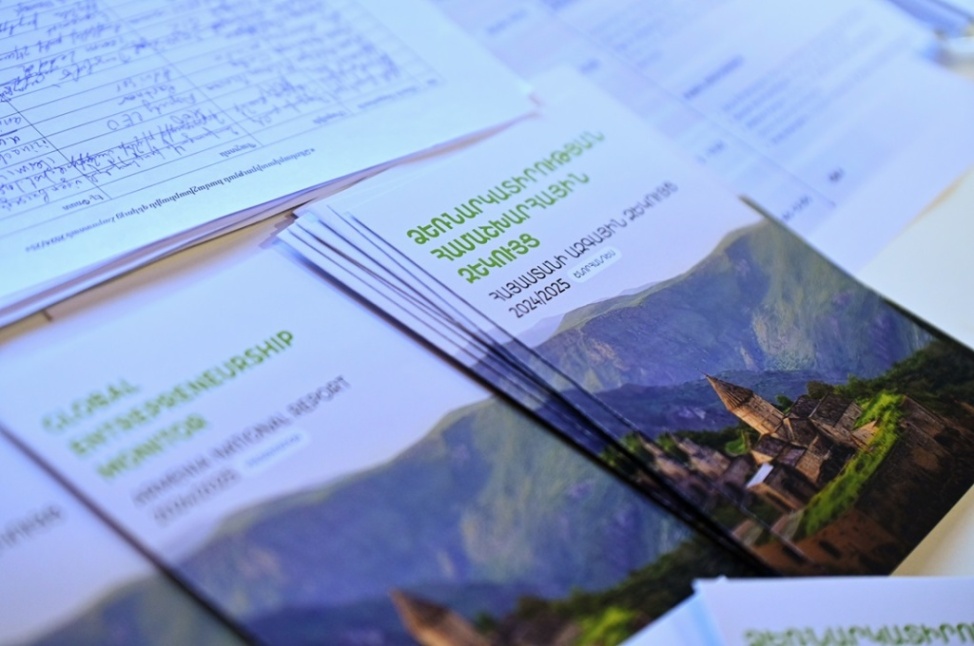Armenia’s parliamentary diplomacy should initiate n recognition of Nagorno-Karabakh republic: expert
27.07.2010,
22:56
Karen Bekarian, head of a non-governmental organization, called European Integration, urged today Armenia’s parliament to launch consultations with lawmakers from friendly countries on recognition of the Nagorno-Karabakh Republic (NKR).
YEREVAN, July 27, /ARKA/. Karen Bekarian, head of a non-governmental organization, called European Integration, urged today Armenia’s parliament to launch consultations with lawmakers from friendly countries on recognition of the Nagorno-Karabakh Republic (NKR).
The United Nations International Court of Justice (ICJ) ruled last Thursday to upheld the international legitimacy of Kosovo’s secession from Serbia.
Speaking at a news conference Karen Bekarian said the ICJ ruling is an important event creating a “new political situation” in the Karabakh conflict zone and opening large avenues for Armenian parliament and its standing committees as well as Armenian delegations to various international organizations to advocate the recognition of Nagorno-Karabakh.
In his words, the ICJ ruling will have a certain impact on the future pace of the negotiations on the peaceful resolution of the conflict, but Armenia will be constrained in its moves. He said also Armenian civic society as well as tits vast Diaspora should have their say in this issue.
The conflict in Nagorno-Karabakh broke out in 1988 after the predominantly Armenian-populated enclave declared about secession from Azerbaijan As Azerbaijan declared its independence from the Soviet Union and removed the powers held by the enclave's government, the Armenian majority voted in 1991, December 10, to secede from Azerbaijan and in the process proclaimed the enclave the Republic of Nagorno-Karabakh.
Full-scale fighting, initiated by Azerbaijan, erupted in the late winter of 1992. International mediation by several groups including Europe's OSCE’s failed to bring an end resolution that both sides could work with. In the spring of 1993, Armenian forces captured regions outside the enclave itself. By the end of the war in 1994, the Armenians were in full control of most of the enclave and also held and currently control seven regions beyond the administrative borders of Nagorno-Karabakh.
Almost 1 million people on both sides have been displaced as a result of the conflict. A Russian- -brokered ceasefire was signed in May 1994 and peace talks, mediated by the OSCE Minsk Group, have been held ever since by Armenia and Azerbaijan. -0-
The United Nations International Court of Justice (ICJ) ruled last Thursday to upheld the international legitimacy of Kosovo’s secession from Serbia.
Speaking at a news conference Karen Bekarian said the ICJ ruling is an important event creating a “new political situation” in the Karabakh conflict zone and opening large avenues for Armenian parliament and its standing committees as well as Armenian delegations to various international organizations to advocate the recognition of Nagorno-Karabakh.
In his words, the ICJ ruling will have a certain impact on the future pace of the negotiations on the peaceful resolution of the conflict, but Armenia will be constrained in its moves. He said also Armenian civic society as well as tits vast Diaspora should have their say in this issue.
The conflict in Nagorno-Karabakh broke out in 1988 after the predominantly Armenian-populated enclave declared about secession from Azerbaijan As Azerbaijan declared its independence from the Soviet Union and removed the powers held by the enclave's government, the Armenian majority voted in 1991, December 10, to secede from Azerbaijan and in the process proclaimed the enclave the Republic of Nagorno-Karabakh.
Full-scale fighting, initiated by Azerbaijan, erupted in the late winter of 1992. International mediation by several groups including Europe's OSCE’s failed to bring an end resolution that both sides could work with. In the spring of 1993, Armenian forces captured regions outside the enclave itself. By the end of the war in 1994, the Armenians were in full control of most of the enclave and also held and currently control seven regions beyond the administrative borders of Nagorno-Karabakh.
Almost 1 million people on both sides have been displaced as a result of the conflict. A Russian- -brokered ceasefire was signed in May 1994 and peace talks, mediated by the OSCE Minsk Group, have been held ever since by Armenia and Azerbaijan. -0-



